Becoming a lifeguard is an exciting experience! However, it can feel overwhelming if you are not prepared. What should you expect during the oral or written exam? Will your CPR and first aid skills be tested? What’s expected of you in the water during the practical exam?
Luckily, the experts at Blueguard are here to help you prepare for, and pass, your UAE lifeguard test.
Professional Training
One of the first steps towards passing a lifeguard test is to ensure you are appropriately trained and prepared for the final certification exam. A lifeguard certification class is designed to teach potential lifeguards everything they need to know to respond to drowning and other water-related incidents in their pool, beach, ocean, or body of water.
Like the ones provided by Blueguard, certification courses provide lifeguards with the skills and confidence they need to save a life in the event of a water-related accident or injury. During training, participants will learn the following:
- Local laws, regulations, and requirements for lifeguarding
- Essential duties, roles, and responsibilities of a lifeguard
- How to identify pool hazards, as well as to report dangers and risks
- How to observe and scan a pool or body of water
- How to identify high-risk pool users and weak swimmers
- How to locate and rescue a weak, injured, or unconscious swimmer
- How to perform CPR for adults, children, and infants
- How to use an Automated External Defibrillator (AED)
- Treatment for minor cuts and burns
- And more
What to Expect During the Lifeguard Test
The idea of taking your first lifeguard certification test can be both exciting and nerve-wracking. To get a lifeguard certificate in Dubai, you must complete a course run by an approved lifeguard training center, pass a CPR certification, and then you must pass an EIAC exam.
CPR and First Aid Practical Exam
For the CPR portion of the test, you’ll be expected to showcase your ability to perform CPR successfully. This may include performing CPR on a mannequin in front of your training group and instructors. For the first aid portion of the test, you will be expected to properly treat cuts and burns, as well as properly use an AED machine.
Practical Swim Test
During your lifeguard test, you will be expected to showcase your skills and expertise in the water. Lifeguards are expected to:
- Swim comfortably in a continuous manner.
- 50m non-stop for shallow water lifeguards (under 1.5m depth)
- 100m nonstop for a pool lifeguard (over 1.5m depth)
- 200m non-stop for a beach/waterfront lifeguard.
- Showcase your rescue techniques.
- Scanning the pool for swimmers in need
- Rescuing an unresponsive swimmer
- Perform a surface dive and recover a 4 kg weight.
- 1.5m for a shallow water lifeguard (under 1.5m depth)
- 3m or to the deepest depth of the facility (pool depth is more than 1.5m)
- 5m for beach/waterfront lifeguard
- Tread water for a specific amount of time.
- 5 minutes for pool lifeguards
- 10 minutes for beach lifeguards
Written Exam
In addition to practical tests, you will also have to complete a verbal exam where you must answer every question correctly as part of the training. Questions may include knowledge of local laws and regulations, how to respond to a neck or back injury, how to scan the body of water, etc.
Practice Makes Perfect
One of the best ways to prepare for your lifeguard exam is to make sure you are comfortable with every aspect of the test. So practice, practice, practice! It’s also important to know yourself and your limits.
Be familiar with what it feels like to be tired when you swim. Know how far you can push yourself so that you are neither overexposed, or give up too soon. It’s natural to feel tired when you are against a current or towing another person. Practice what it feels like to do these things.
When you practice in the water, you will be placing all of your recent training and experience into action. The majority of your ability to be a successful lifeguard depends on your ability to swim well and tow a person out of water. We recommend that you swim and practice with diving/carrying objects. You should practice swimming and diving as much as possible before your exam.
Are You Ready to Take Your Lifeguard Certification Test?
At Blueguard, our lifeguard training classes are designed to meet all of the necessary prerequisites and requirements of local facilities and municipalities. More importantly, our classes are designed to produce a well-rounded lifeguard who’s ready to save lives at their local pool, resort, or beach.
If you’re interested in signing up for a course, contact a member of our team today!
